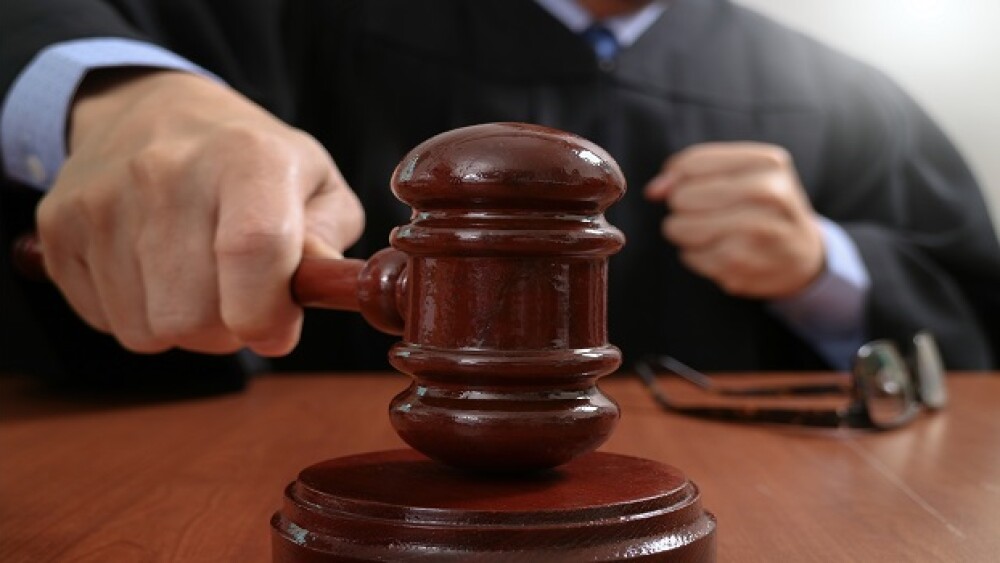A three-judge panel ruled against Shkreli’s appeals team, claiming that the trial judge’s directions were clear and within the law.
Martin Shkreli will continue to reside in federal prison after the notorious “Pharma Bro” failed to win an appeal to his 2017 criminal conviction for securities fraud and conspiracy to commit fraud.
Late Thursday, a three-member panel of U.S. Appeals Court judges ruled that the former biotech investor and executive will have to continue serving his seven-year sentence. Additionally, the judicial panel upheld more than $6.4 million in forfeiture that was imposed on Shkreli at the time of his sentencing, CNBC reported Thursday.
Shkreli was found guilty in 2017. Shkreli’s fraud charges stem from his time as a hedge fund investor. According to the indictment against Shkreli orchestrated three interrelated fraudulent schemes—a scheme to defraud investors and potential investors in MSMB Capital; a scheme to defraud investors and potential investors in MSMB Healthcare; and a scheme to defraud Retrophin, the company Shkreli founded. The indictment said Shkreli’s scheme, which caused his investors to suffer a loss of more than $11 million, was carried out over a five-year period, from 2009 to 2014.
Shkreli’s attorneys attempted to appeal his sentence based on claims that the trial judge’s instructions to the jury were “incorrect and confusing to jurors,” according to the report. The panel of Appeals Court judges disagreed and ruled that the instructions were correctly stated. Shkreli’s attorneys attempted to overturn the forfeiture by arguing that not all of the investors in the funds he managed testified. Also, the attorneys argued that the investors ultimately saw large returns from Shkreli’s actions, which should nullify the forfeiture.
The Shkreli team could seek another appeal to the full U.S. Court of Appeals Second Circuit. But, Shkreli’s appeals lawyer, Mark Baker, told CNBC that he was not sure if they planned that due to the lack of a “good faith basis” for such a request.
Even behind bars, Shkreli has not remained out of the news. While in prison, Shkreli briefly provided his insights on the pharmaceutical industry through letters to a friend on the outside who posted them on a website. Shkreli also reportedly used a contraband cell phone to call the shots at Turing Pharmaceuticals, the company that he founded following Retrophin that has since been redubbed Phoenixus AG. According to reports, Shkreli used the phone to terminate the CEO who had been running the company in his absence.
More recently, Shkreli settled a lawsuit with Retrophin, the company he helmed at the time he was conducting securities fraud. It was with shares of Retrophin that he ultimately paid back investors in his hedge funds. Shkreli and Retrophin have had an ongoing legal battle since the company dismissed him as chief executive officer several years ago. In 2015, Retrophin sued Shkreli for $65 million over his use of company funds while he served as CEO, which includes the doling out of those shares of Retrophin to pay back his investors. The company alleged Shkreli used corporate funds to pay off personal legal debts and was hiding company legal matters from public disclosure. In May, Shkreli filed his own lawsuit against Retrophin, accusing several of the company’s leadership team members of “using fraud” to oust him as CEO. Both lawsuits have now been settled.





